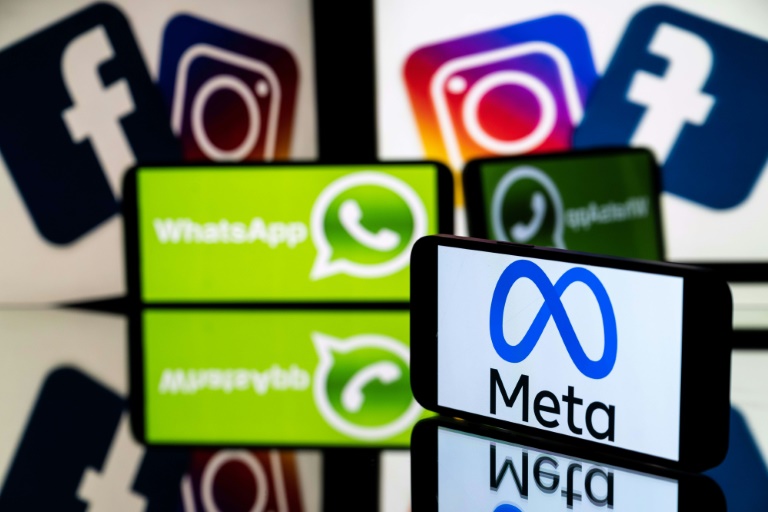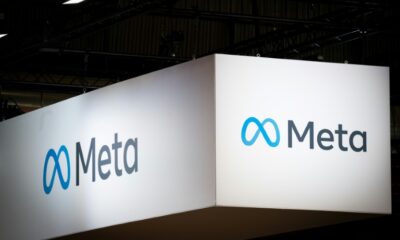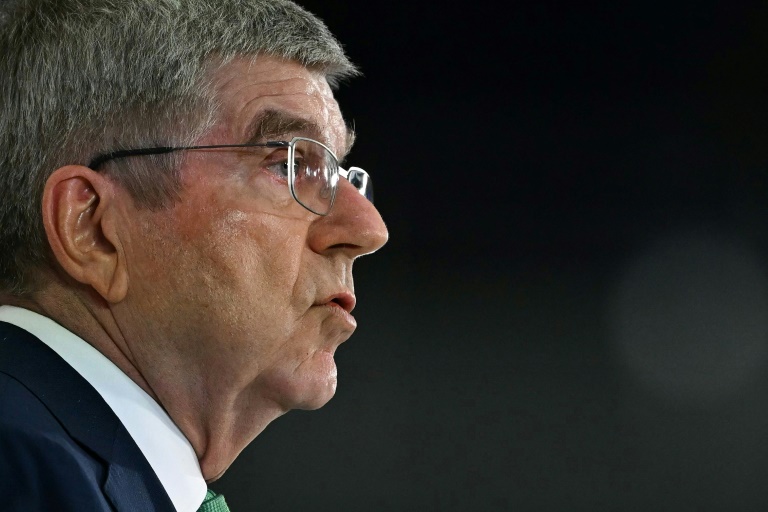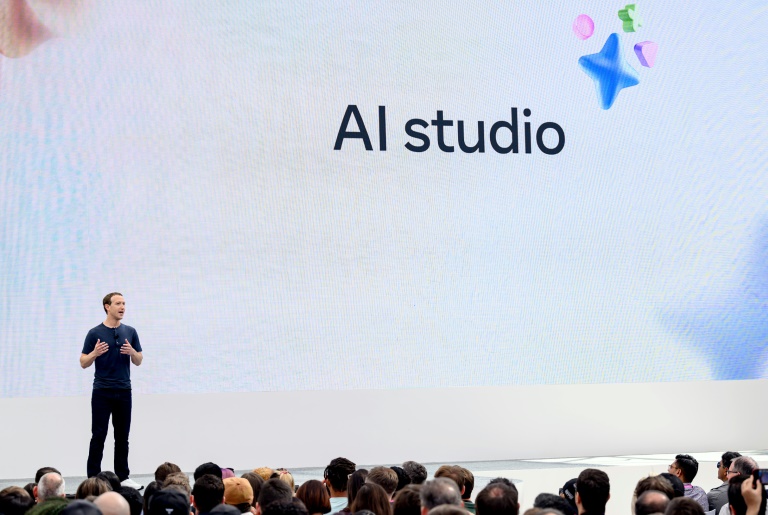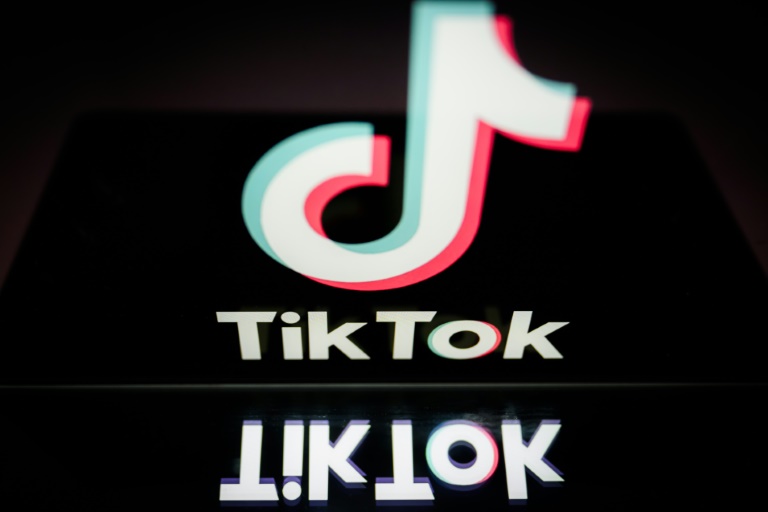IOC president Thomas Bach said artificial intelligence can help identify talented athletes “in every corner of the world” as he unveiled the Olympic AI Agenda in London on Friday.
Bach, speaking at Olympic Park, which hosted the 2012 Games, said the Olympic movement needs to lead change as the global AI revolution gathers pace.
“Today we are making another step to ensure the uniqueness of the Olympic Games and the relevance of sport, and to do this, we have to be leaders of change, and not the object of change,” said the International Olympic Committee president.
The former fencing gold medallist said it was vital to have a “holistic” approach to create an “overall strategy for AI and sport”.
Bach, speaking less than 100 days before the start of the Paris Olympics, said “unlike other sectors of society, we in sport are not confronted with the existential question of whether AI will replace human beings”.
“In sport, the performances will always have to be delivered by the athletes,” he said. “The 100 metres will always have to be run by an athlete -– a human being. Therefore, we can concentrate on the potential of AI to support the athletes.
“AI can help to identify athletes and talent in every corner of the world. AI can provide more athletes with access to personalised training methods, superior sports equipment and more individualised programmes to stay fit and healthy.”
Bach said other advantages of AI included fairer judging, better safeguarding and improved spectator experience.
The Olympic AI Agenda comes from the IOC AI working group -– a high-level panel of global experts including AI pioneers and athletes, set up last year.
When asked about the potential negatives of AI, Bach was keen to emphasise the importance of free choice in sport.
“He and she, or the parents, must still have the free choice,” said the German. “So a guy who is then maybe identified as a great athlete in wrestling must still have the chance to play tennis and cannot be sorted out from these sports.”
– Vonn ‘jealous’ –
Former Olympic skiing champion Lindsey Vonn, who also spoke at the London event, told AFP she envied current athletes, who could use AI to enhance their training.
“I’m very jealous that I didn’t have any of this technology when I was racing because I just really feel that it’s going to enhance the athlete’s experience all around,” she said.
“Athletes can utilise AI in training to enhance their knowledge from training like, for example, skiing on the mountain but then also off the mountain in the gym recovery times,” added the American.
“The more we understand about your body, about the sport, about performance, the better you can adjust as an athlete.
Vonn, 39, also said AI would be a vital tool for talent identification, particularly in nations without the resources to scout talent.
“You can give them access to AI through a cell phone and you do a series of tests and they can identify ‘OK this athlete would be a great, a 40-metre dash sprinter, or this athlete would potentially be an amazing high jumper,” she said.
“You have the ability then to find the talent and give them resources through things they already have like a cell phone.”

 Business4 months ago
Business4 months ago
 Business4 months ago
Business4 months ago
 Events6 months ago
Events6 months ago
 People4 months ago
People4 months ago
 Events3 months ago
Events3 months ago
